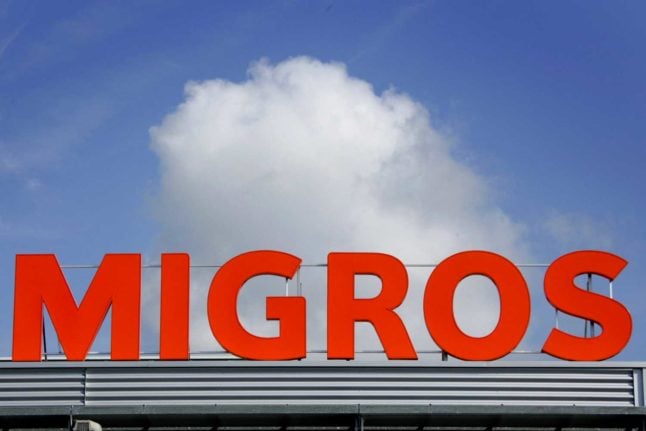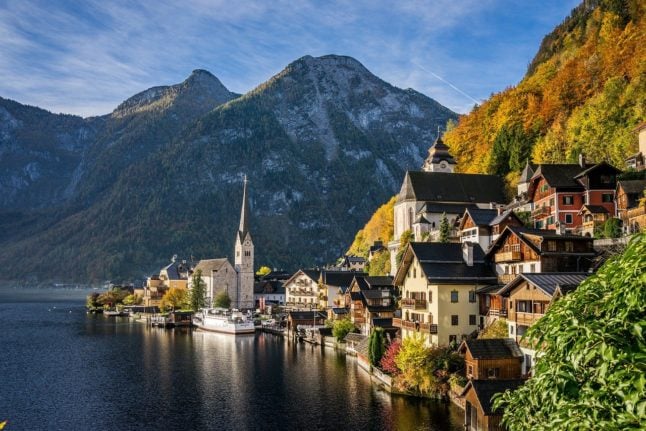Delegates from Swiss supermarket Migros have voted in favour of allowing the company’s 630 outlets to sell alcohol.
The decision, passed by a majority of 85 to 22, allows the company’s regional cooperative organisations to decide whether or not they want to sell alcohol.
Migros-Delegierte haben soeben entschieden – sie machen den demokratischen Weg frei zur Frage des Alkoholverkaufs in Migros-Filialen. Weitere Infos folgen. pic.twitter.com/KuMhZ05aTt
— Migros (@migros) November 6, 2021
Migros was founded in 1925 by Swiss businessman Gottlieb Duttweiler with the proviso that the supermarket would not sell alcohol and tobacco.
As The Local Switzerland revealed in a recent article, while Duttweiler did this under a special pledge of upholding public health “against excessive consumption of cheap brandy and fruit schnapps”, in reality his decision was motivated by self-interest as he saw a special opportunity as a result of the growing prohibition movement.
EXPLAINED: The real reason Swiss supermarket Migros doesn’t sell alcohol
In fact, while it may seem like a seismic shift, the company has been selling alcohol through a variety of loopholes for decades.
Migros subsidiaries Migrolino and Denner both sell alcohol and cigarettes, while Migros itself currently sells alcohol and tobacco via the internet under the Le Shop banner.
When will I see booze on my shelves in Migros?
As with anything in Switzerland, things take a while.
Migros outlets are governed by ten regional cooperatives, who need to decide whether or not they will allow their outlets to sell alcohol.
The pledge against selling alcohol has been popular for Migros, particularly in more conservative areas, so there is the chance that some cooperatives will opt to stick with the status quo.
If the cooperatives do however decide to implement the relaxed rules, the outlets will then begin to stock their shelves with beer and wine.
Tobacco on the other hand will remain forbidden, meaning you won’t see cigarettes on Migros shelves any time soon.
This will not happen until June 2022 at the earliest, Migros confirmed, due to an internal voting process among the cooperatives.



 Please whitelist us to continue reading.
Please whitelist us to continue reading.
Member comments